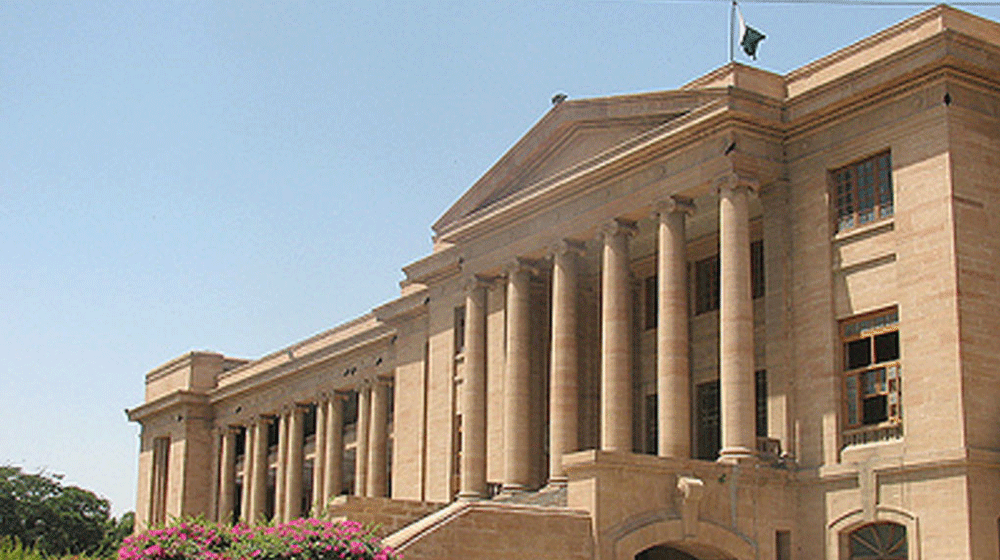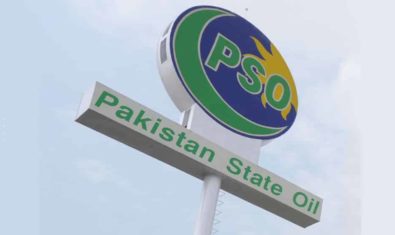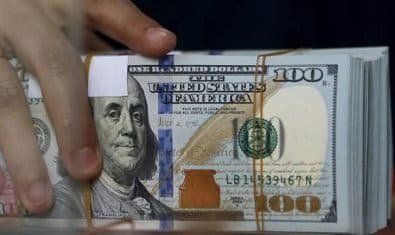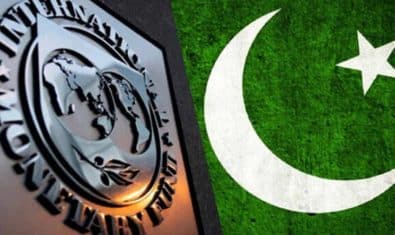Sindh High Court (SHC) has declared that the Federal Board of Revenue (FBR) is fully competent to impose tax on deemed income of immovable properties under section 7E of the Income Tax Ordinance 2001.
According to the detailed judgment issued by the SHC, SHC had come to the conclusion that no exception can be drawn to the competence of the Federal Legislature while introducing Section 7E through Finance Act, 2022, in the Income Tax Ordinance, whereas, the impugned levy is neither ultra vires to the Constitution; nor it is confiscatory or discriminatory; hence, the Federal Legislature is fully competent to impose tax on deemed income pursuant to Section 7E of the Ordinance, and therefore, by means of a short order all listed Petitions were dismissed and these are the reasons thereof.
The order said that all petitions involve a common legal question and are, therefore, being decided through this common Judgment. The Petitioners have challenged the provisions of Section 7E of the Income Tax Ordinance, 2001 (“Ordinance”) introduced through Finance Act, 2022, on the ground that it is ultra vires to the Constitution and so also discriminatory; confiscatory; hence, void, ab-initio and liable to be struck down.
Petitioners Counsels have contended that Section 7E of the Ordinance imposes tax on property which is not within the competence of the Federal Legislature pursuant to Entry 50 of the Federal Legislative List provided in the Fourth Schedule to the Constitution; that it is only the Provincial Legislature who can tax an immovable property; that Section 7E ibid within itself is discriminatory.
It is settled law that Income-tax is a tax on a person in relation to his income. The tax is not imposed on income generally; it is imposed on the income of a person, natural or artificial, whereas, the assessment has to be made against a person, and the tax has to be collected from the assessee; the tax is not made a charge on the income upon which it is levied, and broadly speaking, it is accurate to say that income tax is a tax imposed upon a person in relation to his income.
Therefore, insofar as the concept of deemed income is concerned, it is not in dispute that it is an approved concept of taxation and is not dependent on the actual amount of money or income being received by a taxpayer. The best example which has been dealt with in respect of a deemed income in India as well as Pakistan is in respect of the annual rental income from a property whether it has been rented out by a taxpayer or otherwise.
Time and again disputes had arisen as to the actual income received or receivable as well as concealment by the taxpayer in respect of rent from the property and therefore, the legislature introduced a concept of deemed income, whereby, tax was levied on a fixed amount of income, whether or not the property was being let out; or the taxpayer was actually receiving such income. Insofar as the present levy is concerned, from perusal of Section 7E ibid, it clearly reflects that it is not a tax on property per-se; but a tax on deemed income for holding of a capital asset as defined in Section 7E ibid, along with the exceptions and or exemptions as are also applicable to the Petitioners.
As we understand, in essence, it is a tax on the income being deemed from such immovable properties and in that case, it would clearly fall within Entry 47 of the Federal Legislative List as provided under the Fourth Schedule to the Constitution. The argument that it is a tax on property; hence, will fall under Entry 50 ibid; and then it can only be levied by the Provincial Legislature, if at all, is misconceived and not tenable inasmuch as no tax is being levied on the property itself; rather it is a tax on deemed income of the property.
As to the argument that a tax has been levied without there being any transaction not resulting in any income, it would suffice that again the same does not appear to be a correct approach as apparently holding of property beyond the threshold as provided in Section 7E(2)(g) is by itself a transaction which has been deemed to be an income within the ambit of Section 7E ibid, SHC order added.





















